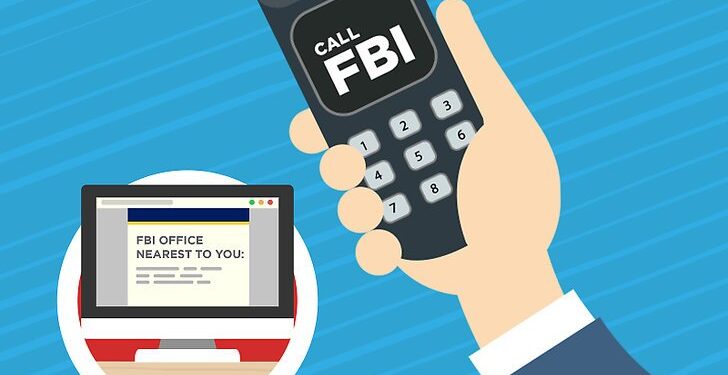FBI Warns iPhone, Android Users—Do Not Reply to Message
Introduction
The FBI has issued a new warning for both iPhone and Android users, urging everyone to avoid responding to suspicious text messages. Scammers are becoming increasingly clever, and they’re now using messages that look incredibly convincing to trick people into sharing personal information or clicking harmful links. If you’ve ever received a strange “package delivery,” “bank alert,” or “account recovery” message out of the blue, you’re not alone. FBI Warns iPhone, Android Users—Do Not Reply to Message
Understanding the New Wave of Scam Messages
How Scammers Target iPhone and Android Users
Cybercriminals know that smartphones are the easiest way to reach millions instantly. They use automated tools to send out mass text blasts, hoping even a few people will bite.
Common Tricks Used by Fraudsters
Scammers impersonate trusted brands, use urgent language, and often pretend to be someone you know. Their goal? To trick you into acting before you think.
Types of Messages the FBI Says You Should Never Respond To
Fake Package Delivery Alerts
Messages claiming your package is “on hold” or requires “immediate action” almost always lead to phishing pages.
Bank Verification Scams
These texts pretend to be from your bank, warning about suspicious activity. They push you to click a link or call a fake number.
Social Media Account Recovery Messages
You may receive codes or links that claim to be for resetting your account, even though you didn’t request one.
“Family Emergency” Impersonation Texts
A scammer may pretend to be a loved one asking for money urgently, a tactic known as the “grandparent scam.”
Why These Messages Are So Dangerous
Identity Theft Risks
Once scammers get your details, they can open accounts, steal your identity, or sell your data.
Financial Fraud Threats
One wrong click can result in stolen credit card details or drained bank accounts.
Malware and Spyware Links
Links can download harmful software that secretly tracks your activity.
How to Identify a Scam Message Instantly
Red Flags to Watch For
-
Unknown senders
-
Urgent wording
-
Links with strange URLs
-
Requests for personal or financial details
What Legitimate Companies Will Never Ask
Real businesses won’t ask for passwords, PINs, or bank information through text.
What To Do If You Already Responded
Steps to Protect Your Accounts
Change passwords, enable two-factor authentication, and contact your bank if needed.
When You Should Contact Authorities
If sensitive information was shared, the FBI recommends reporting it immediately.
How to Stay Safe on iPhone and Android
Security Settings You Should Enable
Use spam filters, enable two-factor authentication, and turn on device security features.
Apps and Tools That Help Detect Fraud
Spam blockers and antivirus apps can reduce your risk.
The FBI’s Official Recommendations
Report Suspicious Activity
Use the FBI’s Internet Crime Complaint Center (IC3).
Educate Friends and Family
Spread the word so others don’t fall for these dangerous scams.
Conclusion
Scam messages are becoming more sophisticated every day, but staying alert can protect you from serious damage. The FBI’s warning is clear: never respond to suspicious texts, no matter how convincing they appear. When in doubt, delete the message and contact the company directly through official channels.











































